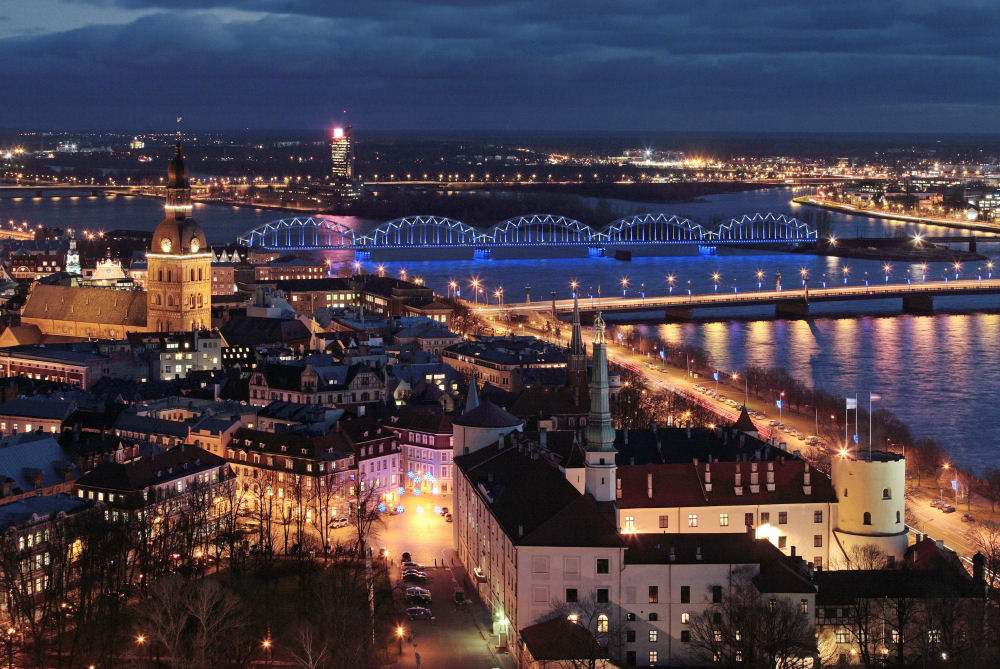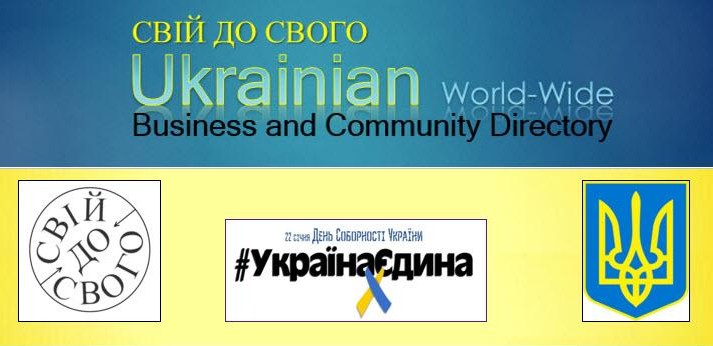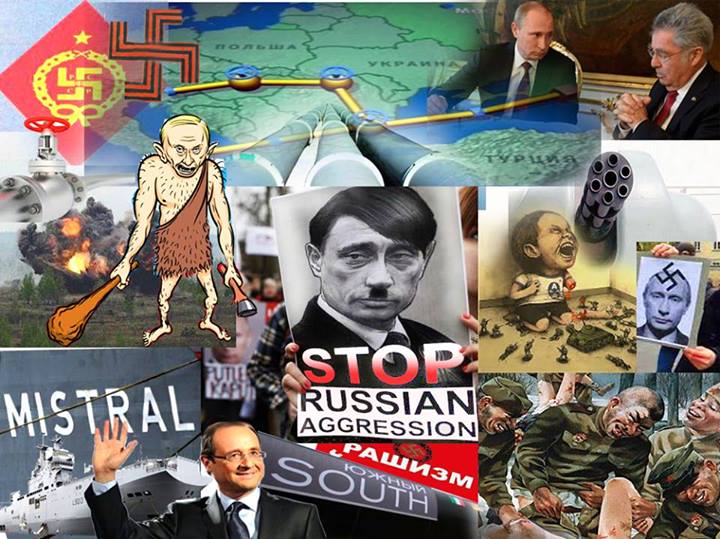Konstantin Dolgov, the Russian Foreign Ministry’s special representative for human rights, democracy and the rule of law, advanced that argument in the course of a Regional Conference of Russian Compatriots of Latvia, Lithuania and Estonia held in Riga last weekend.
Among Dolgov’s main points are the following:
“The defense of the rights and lawful interests of our compatriots abroad is one of the priority fields of activity of the Foreign Ministry of the Russian Federation — on which we work actively and proactively.”
“Unfortunately, it is necessary to state that an enormous number of our compatriots abroad, entire segments of the Russian World, continue to encounter serious problems in the context of securing their rights and legal interests. One of the most obvious and vital reasons for this is the unrelenting growth of xenophobic and neo-Nazi tendencies in the world and their consequent, deep penetration into the consciousness of the political establishments in many foreign states.
“Among the main concerns in the context of the growth of manifestations of neo-Nazism and xenophobia in Europe, according to international experts and human rights advocates, is the tendency to legalize ultraright parties and the general growth of xenophobia and intolerance in regard to national minorities and migrants with the connivance of law enforcement agencies.
The dramatic development of events in Ukraine clearly attests to the correctness of this thesis. I remind you that one of the first steps taken by the parliament of that country immediately following the anticonstitutional coup and the armed seizure of power in Kyiv in February of this year was the repealing of the law On the Foundations of State Language Policy from July 2, 2012, which established the status of the regional Russian language,
“Now I would like to focus on one essential and clear instance that, in many ways, might explain European Union’s neglect of the human rights situation. The forces in the EU in this sphere have traditionally focused primarily on third countries … the European Commission stubbornly maintains its unwillingness to intervene in the situation of the massive violation of the rights of the Russian-speaking population of the countries of the Baltic region under the excuse of a lack of jurisdiction. In Brussels they do not want to admit or deal with, for instance, the clearly intentional deviation of the Latvian authorities from the observation of universal human rights norms and standards.
“We all know well the real scope of the problems with human rights and the rule of law that our compatriots encounter in the Baltic states. This topic is constantly at the center of attention and activity of the Foreign Ministry of the Russian Federation.
“We think it is unacceptable to justify marches of former SS legionnaires in Riga, meetings of veterans of the 20th Waffen SS division in Estonia, or ceremonial, with state honors, funerals for legionnaires/Nazi war criminals from the World War II era. We consider it a shame for Europe and an insult to the memory of those who died defending the world from “the Brown Plague.” Elevating Nazi criminals and their collaborators, responsible for the intentional murder of millions of peaceful Europeans, nearly to the status of “freedom fighters” is the peak of cynicism.
“The problem of the mass deprivation of citizenship in Latvia and Estonia remains a serious one. We consider it an unacceptable situation when a significant portion of the population of these countries lacks fundamental political and socioeconomic rights. We demand that the international community put decisive pressure on the governments of Latvia and Estonia so that this shameful phenomenon will be once and for all eliminated from Europe.
“We will not be reconciled to the creeping restriction of the Russian language that we are observing in the Baltic states. We consider the well-known measures taken by the Latvian and Estonian governments aimed at reducing the status and position of the Russian language to be a gross violation of fundamental, universal norms in the realm of human rights. The official declaration from Riga that a Russian school that has existed on Latvian soil since 1789 must be completely liquidated by 2018 is unacceptable to the civilized world.
“The international community must decisively prevent the further gross restriction of the rights of the Russian-speaking population of the Baltic countries and the worsening of already alarmingly politicized Russophobia.
“Respected colleagues! Your role — the role of civic organizations and structures — at the current stage of international development is constantly growing. This is a very important circumstance that must be viewed with proper attention. I wish you all successful work, a martial spirit, and the preservation of the true priorities and strategic vision that unites us all. For my part, I want to assure you that we will, without reducing our effort, continue serious proactive work in the leading international forums with our foreign partners and colleagues in order to give you and your work the most serious support.” (From the translation made by Robert Coalson, the full text of which is available at facebook.com/notes/robert-coalson/k-dolgovs-speech-to-russian-compatriots-in-the-baltic-states-september-13-2014/10152351116608597.)
Three things make Dolgov’s words both significant and disturbing: First, it represents a new ramping up of an old Moscow tactic of trying to undercut Western support for the Baltic countries all of whom are members of both the European Union and NATO by talking about their treatment of ethnic Russians and Russian speakers, a tactic that has often worked in the past.
Second, he explicitly linked the situation in the Baltic countries to what happened in Ukraine after the Maidan earlier this year, pointing out that Kyiv’s decisions on the status of the Russian language there had “unfortunate” and “far-reaching” consequences. Moreover, such complaints about treatment of Russian speakers in Ukraine preceded the Russian invasion.
And third, Dolgov openly encouraged ethnic Russians and Russian speakers in the Baltic states to become more active, promising that Moscow will support them. While some might be inclined to dismiss this as nothing more than a propagandistic exercise, there are unfortunately compelling reasons to think that it is more than that.
Yesterday, Latvian television reported that residents of Latgale, a predominantly Russian-speaking region in southeastern Latvia near the Russian border, are reporting that the Russian embassy in Riga has been recruiting Russian speakers in Latvia, including recently released criminals, to fight for the Russian insurgents in Ukraine (nr2.com.ua/News/Lithuania_and_Baltics/SMI-Latvii-Posolstvo-Rossii-verbuet-naemnikov-k-terroristam-DNR-i-LNR-80005.html).
Pro-Russian groups in Latvia like the “Russian Union” say they “understand those residents of Latvia who want to fight in the Donbas in order to defend Russians there.” But so far they have been careful to say that there are no plans to have them fight on behalf of a similar cause in Latvia itself.
But such reports are inflaming the situation because it is all too easy to imagine how Russians in Latvia to fight on the pro-Moscow side in Ukraine could be redirected to fight for a pro-Moscow side in Latvia itself, especially given Dolgov’s suggestions about the need to defend Russians and Russian speakers there.
One Latvian Russian expressed her fears about this possibility to a Riga television channel. She said: “I think that this could happen also with us! Why are they going there? They must not be released. Someone must stop them. I consider that they are enemies of Latvia.” And she concluded that she found the entire situation “horrific.”








